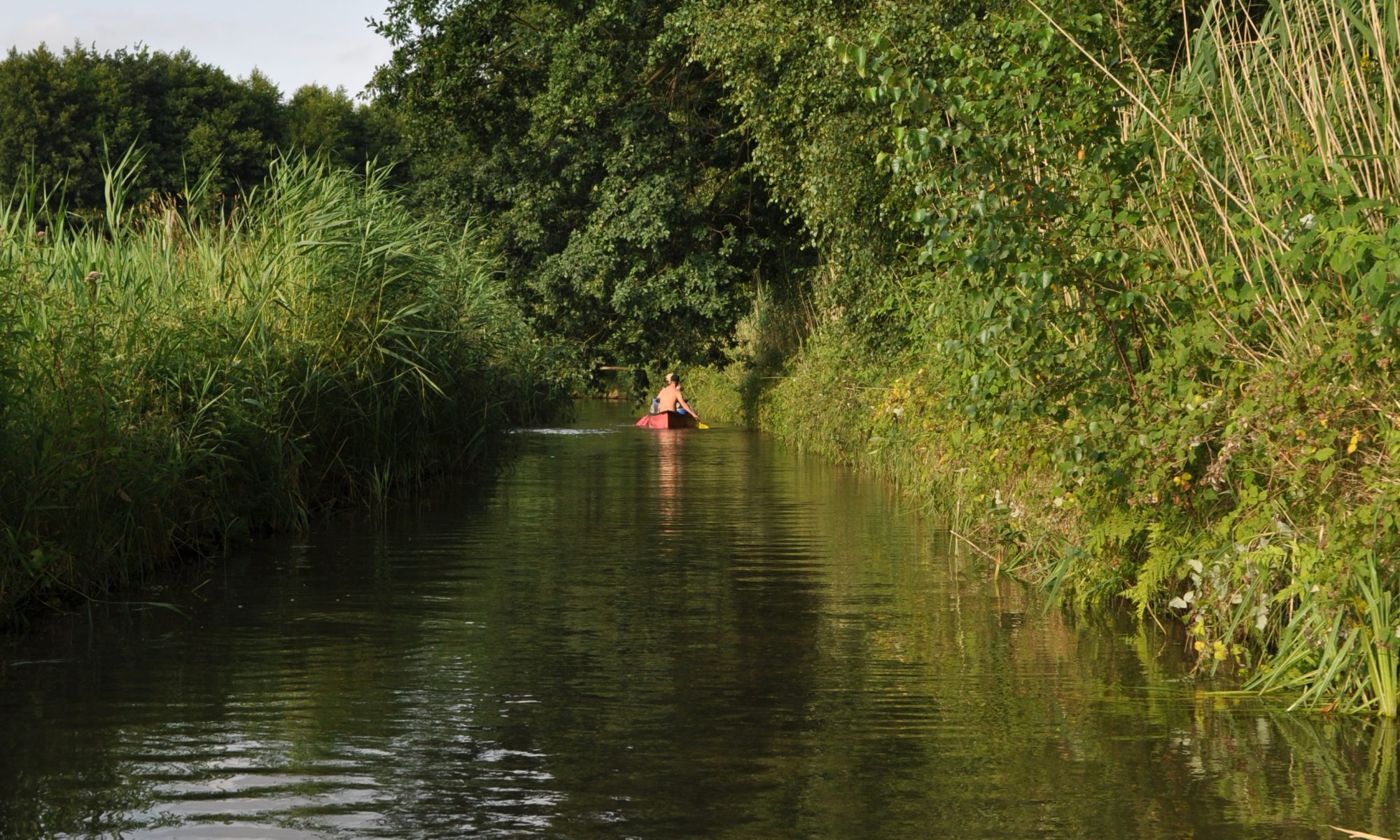Podschun et al. Collateral values of COVID-19? Exploring the use of STRAVA data to derive spatial-temporal patterns of recreation @ESP
Wu et al.: Postervortrag @ESP
Venohr, Podschun, Mahnkopf, Arlinghaus, Hölker, Wolter: AQUATAG-Using social media data to assess the dynamics of water-based recreational activities. ESP World 2019, Hannover
Keywords: ES flow, twitter, spatial-temporal patterns, recreation, freshwater
Präsentiert von Simone Podschun auf der Welt Konferenz der Ecosystem Service Partnership 2019 in Hannover
in der Session
T4b Mapping cultural ecosystem services: use of social media to assess cultural ES
Venohr et al.: AQUATAG – Preferences, dynamics and ecological consequences of water-bound recreational activities . 12.09.2019, ISRS, Vienna.
6th Biennial Symposium of the International Society for River Science, 08.-13-09.2019, Vienna, Austria.
Popular recreational activities associated with rivers and lakes, such as swimming, angling, jogging, boating, paddling or walking can, in addition to providing a range of positive effects for human well-being, have negative impacts on aquatic ecosystems and biodiversity. Direct recreational-induced consequences include the introduction of pollutants e.g. nutrients, detergents or pathogens and physical stress caused by boat waves, damage to vegetation, and other disturbances from visitors or engines. These issues can cause a change in the behaviour of wild animals and alter habitat structure and function, collectively affecting species communities. We assume that short-term and locally extremely high use densities and frequencies, as they occur at popular locations on summer weekends, are of disproportionate importance for the functioning of aquatic ecosystems and biodiversity. However, comprehensive spatially explicit approaches measuring these extreme events of water-based recreation are rare. Relatedly, the functional relationships between use dynamics, their effects on aquatic biodiversity and their significance for recreational quality are still only partially understood. We aim to (i) quantify the frequency, user preferences and ecological effects of various water-based recreational activities to (ii) derive socio-ecological carrying capacities and to (iii) develop management recommendations that contribute to achieving social and ecological management objectives. Here we present the results of a literature study on ecological effects associated with water-based recreational activities. In addition, we quantified the use dynamics of freshwater ecosystem-related recreation in Germany derived from geotagged data of the social network Twitter. We analysed about 3.3 million tweets posted during the years 2012-2015 and transformed these into an utilisation model for Germany via boosted regression trees and Bayesian networks. Use dynamics of water-based recreation was found to be depending on weather, land use and distance to the water body. Moreover, spatial patterns indicated a strong shift in recreational use from urban areas to suburban recreational areas on hot summer days and during weekends. When such use dynamics coincide with sensitive periods in the life-cycle of certain taxa (e.g., breeding birds in spring), important long-term consequences for freshwater biodiversity could occur, which is an open question to be addressed in the future.

